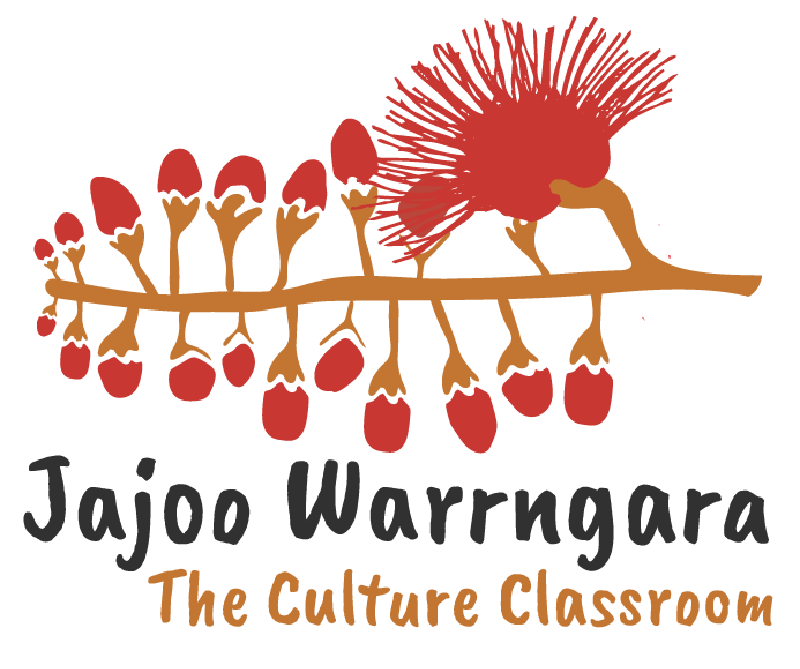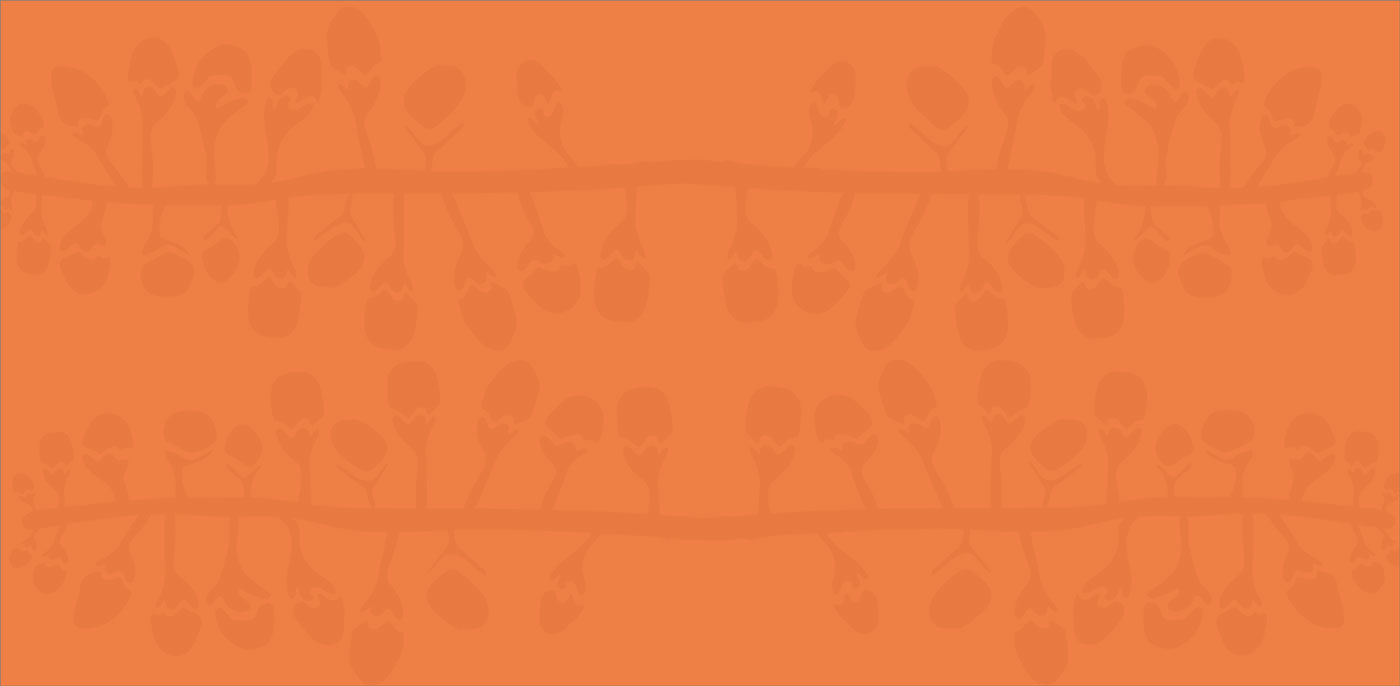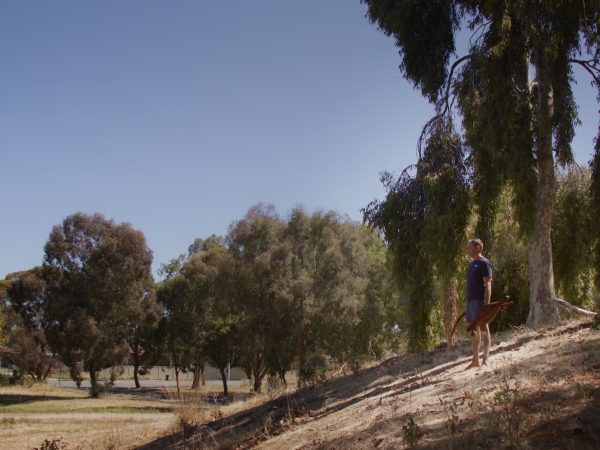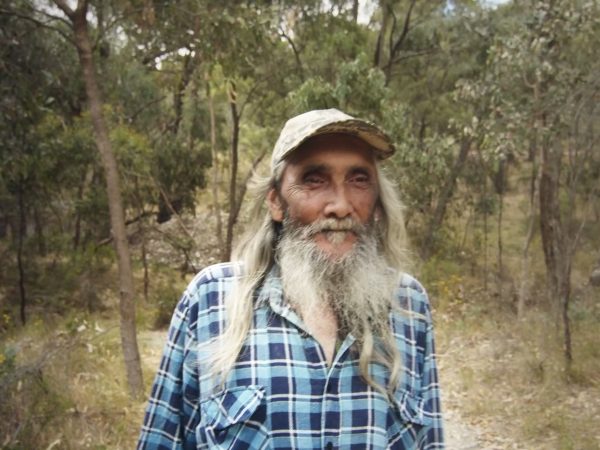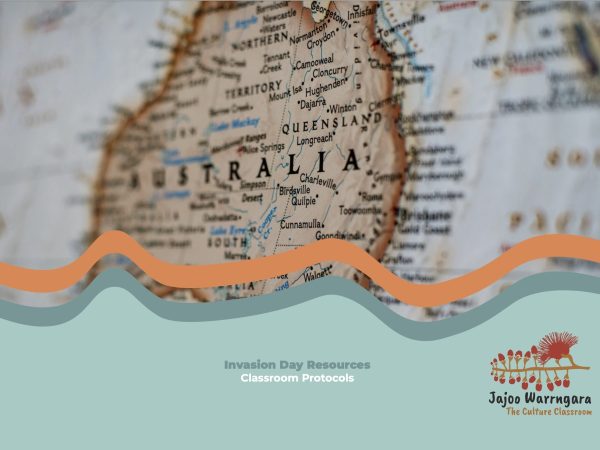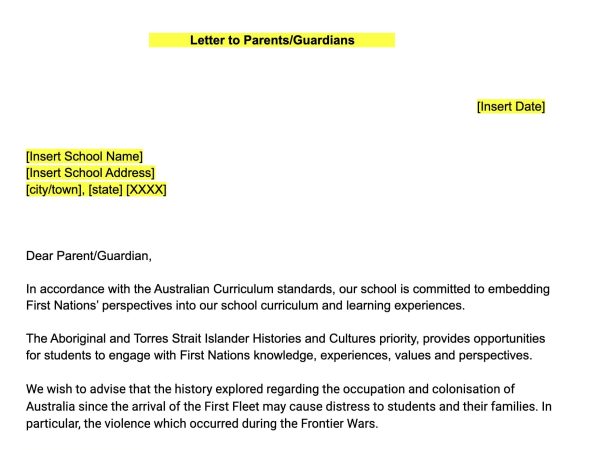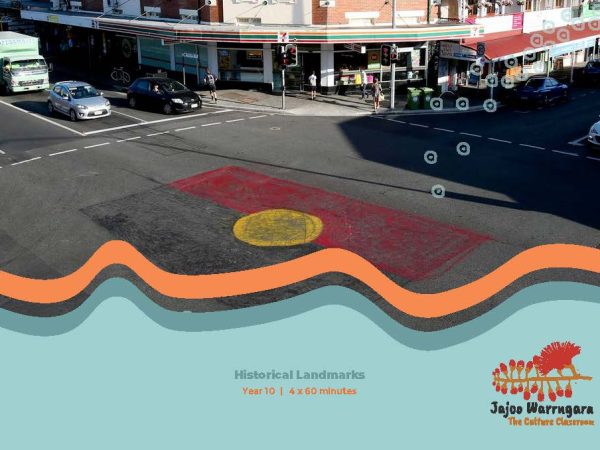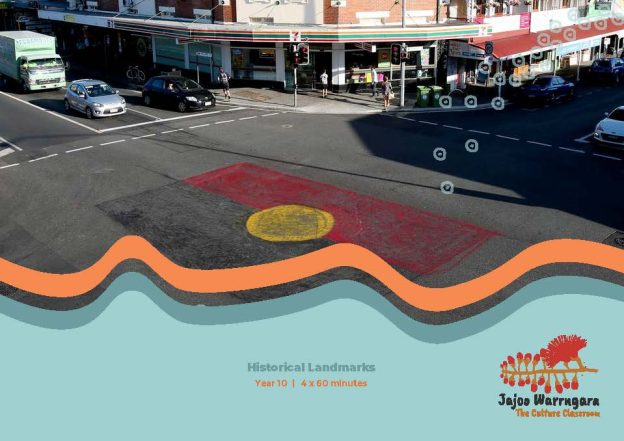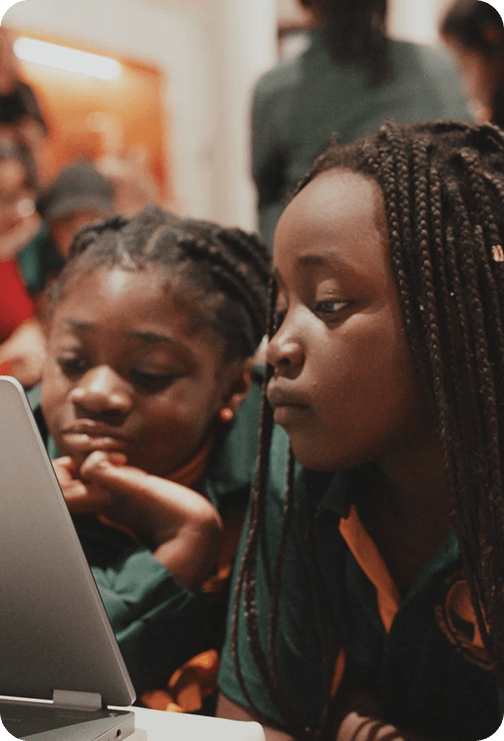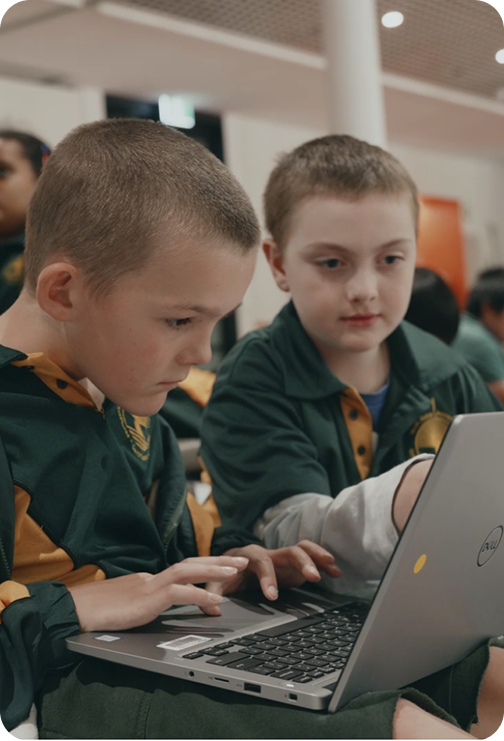AC9HH10K09 The causes of First Nations Australians' campaigns for rights and freedoms before 1965, such as discriminatory legislation and policies, the 1938 Day of Mourning and the Stolen Generations
AC9HH10K10 The contributions of significant individuals and groups in the campaign for the recognition of the rights of First Nations Australians and the extent to which they brought change to Australian society
AC9HH10K11 The significant events and methods in the movement for the civil rights of First Nations Australians and the extent to which they contributed to change
AC9HH10K13 The continuing efforts to create change in the civil rights and freedoms in Australia, for First Nations Australians, migrants and women
AC9HH10K18 continuities and changes in perspectives, responses, beliefs and values that have influenced the Australian way of life
AC9HH10S01 Develop and modify a range of historical questions about the past to inform historical inquiry
AC9HH10S02 Locate, identify and compare primary and secondary sources to use in a historical inquiry
AC9HH10S04 Explain the usefulness of primary and secondary sources, and the reliability of the information as evidence
AC9HH10S06 Compare perspectives in sources and explain how these are influenced by significant events, ideas, locations, beliefs and values
AC9HH10S07 Analyse different and contested historical interpretations
AC9HH10S08 Create descriptions, explanations and historical arguments, using historical knowledge, concepts and terms that incorporate and acknowledge evidence from sources
